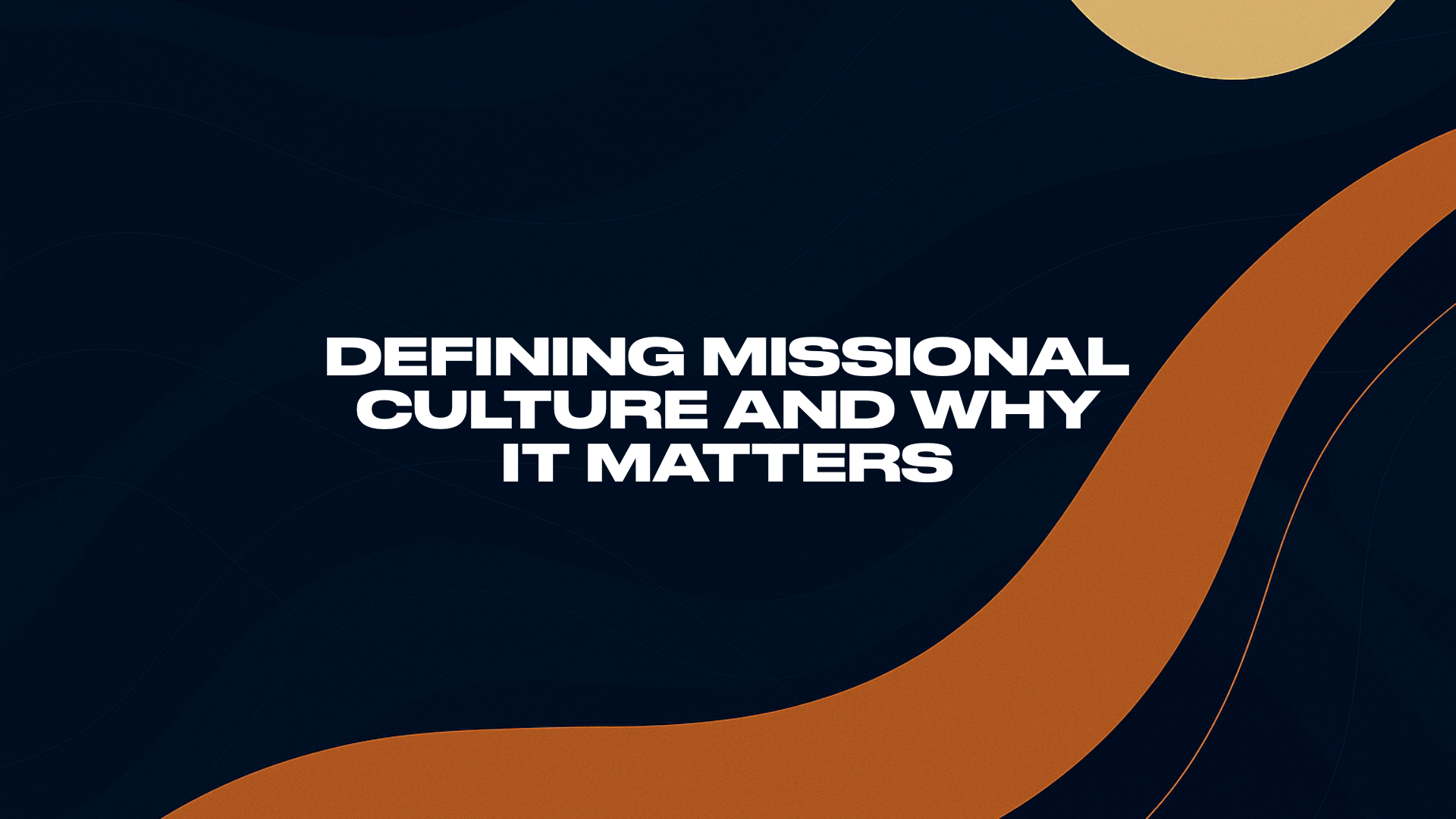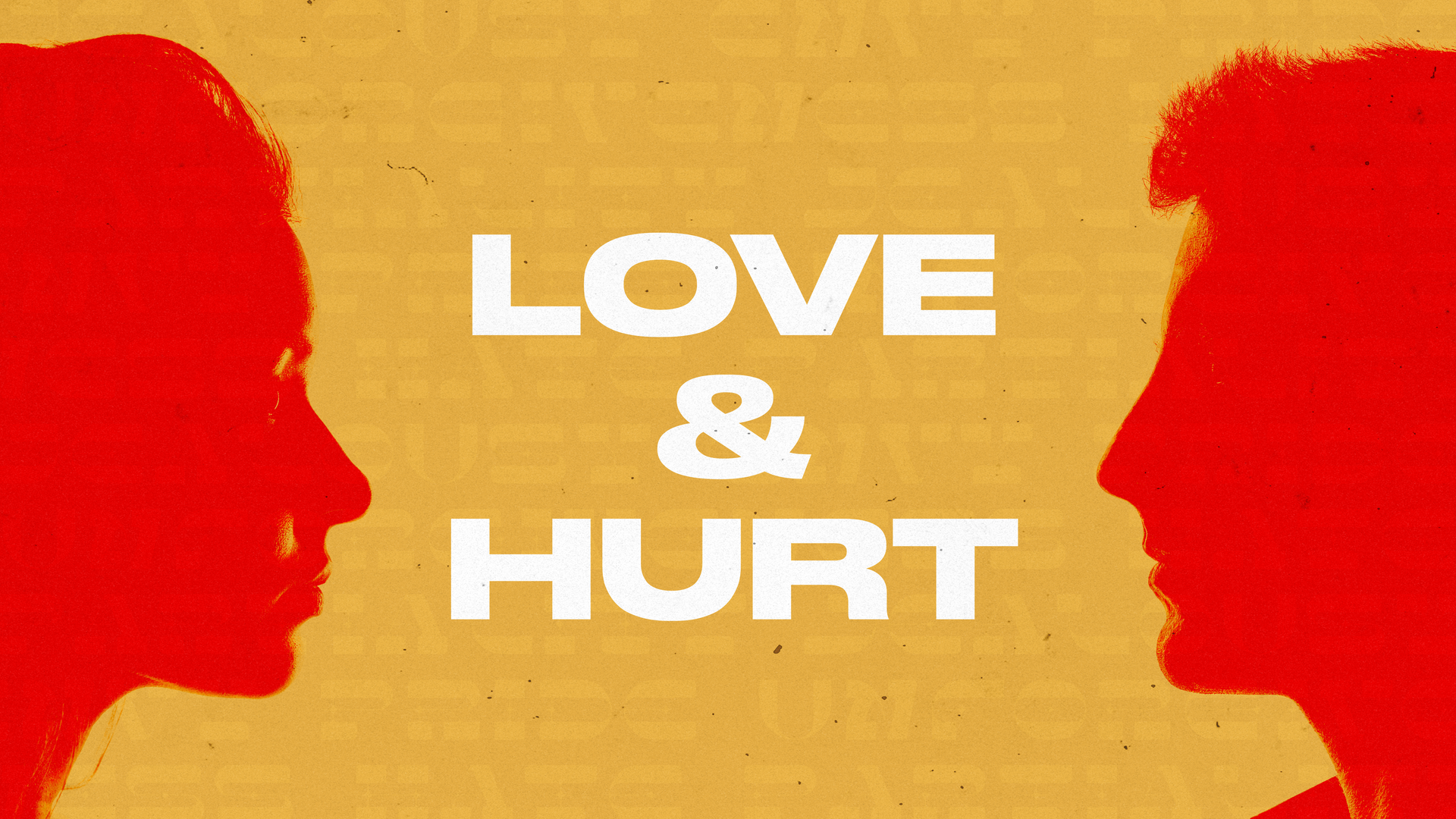Conflict Roadmap
How to Honor Others When Things Get Tough

Let's face it, conflict is hard...
Even in ministry, conflict is inevitable. Whenever imperfect people work closely together—whether in churches, families, or workplaces—relational friction will arise. But what if how we handled conflict actually reflected Jesus to the world?
This isn’t just about managing emotions or avoiding awkward moments. This is about honoring God, restoring peace, and building trust in our homes, churches, and communities. Here’s a roadmap to help us do that.
1. First, Ask: Am I in Conflict?
Romans 12:18 tells us, “If possible, so far as it depends on you, live peaceably with all.”
Before reacting, we need to examine our hearts:
- Has someone sinned—or have I?
- Is trust broken?
- Am I avoiding someone or imagining revenge?
- Have I spoken poorly about someone?
These questions help us slow down, recognize brokenness, and begin the work of restoration. Unacknowledged conflict doesn’t just stay put—it spills over into every relationship we touch.
2. Can I Overlook This?
Proverbs 19:11 says, “It is his glory to overlook an offense.” But let’s be clear: overlooking is not avoiding. It’s a thoughtful decision to forgive and move on without sweeping the issue under the rug.
We ask:
- Does this dishonor God?
- Is it hurting me, them, or others?
- Has it fractured a relationship?
If so, it may need to be addressed. But if not, God may call you to quietly extend grace. Just don’t confuse peacekeeping with peacemaking—God wants reconciliation, not avoidance.
3. What’s My Part?
Jesus warned about pointing out the speck in someone else’s eye while ignoring the log in our own (Matthew 7:3-5). So we ask: What have I contributed—directly or indirectly—to this conflict?
Whether it’s a harsh word, avoidance, or silence, owning our part builds trust and softens hearts. We don’t need to be perfect—we just need to be humble.
4. How Do I Seek Reconciliation?
Galatians 6:1 says, “Restore him in a spirit of gentleness.”
If you’ve been hurt, don’t stuff it. Go to the person privately, gently, and clearly. Use words that seek understanding and express impact without blame. If they don’t respond, follow Jesus’ wisdom in Matthew 18—gradually involving others if necessary.
But when someone repents, forgive them. Forgiveness isn’t forgetting—it’s trusting God with the justice and choosing not to carry the debt.
And if you're the one in the wrong? Apologize well:
- Admit what you did wrong.
- Apologize without excuses.
- Ask for forgiveness.
- Accept the consequences and change your behavior.
5. What If It Doesn’t Go Well?
Sometimes, despite your best efforts, reconciliation doesn’t happen. When that’s the case:
- Trust justice to God (Romans 12:19).
- Avoid gossip—it fuels bitterness.
- Set wise boundaries if necessary.
- Keep praying for them and tending your own heart.
Even if they don’t change, you can still live free from bitterness and keep your heart soft toward God and others.
6. Living the Legacy Together
We are image-bearers of God—and ambassadors of reconciliation (2 Corinthians 5:20). How we handle conflict will shape the legacy we leave for our churches, families, and future generations.
Will we be known for gossip and division—or for love, grace, and restoration?
We must put in the emotional, mental, and spiritual effort to get this right—not just for ourselves, but for the sake of the gospel. The way we walk this path reflects the One we follow.
Final Thought
Conflict isn’t something to fear—it’s an opportunity to reflect Jesus. He gave us the model of reconciliation: pursuing us while we were still sinners, offering grace and truth in full measure.
Let’s walk this roadmap together.
Let’s leave a legacy of love.
If you or your team are dealing with conflict, I can be a help!
Schedule a free consulation today and together we can walk through the process of reconcilation.


